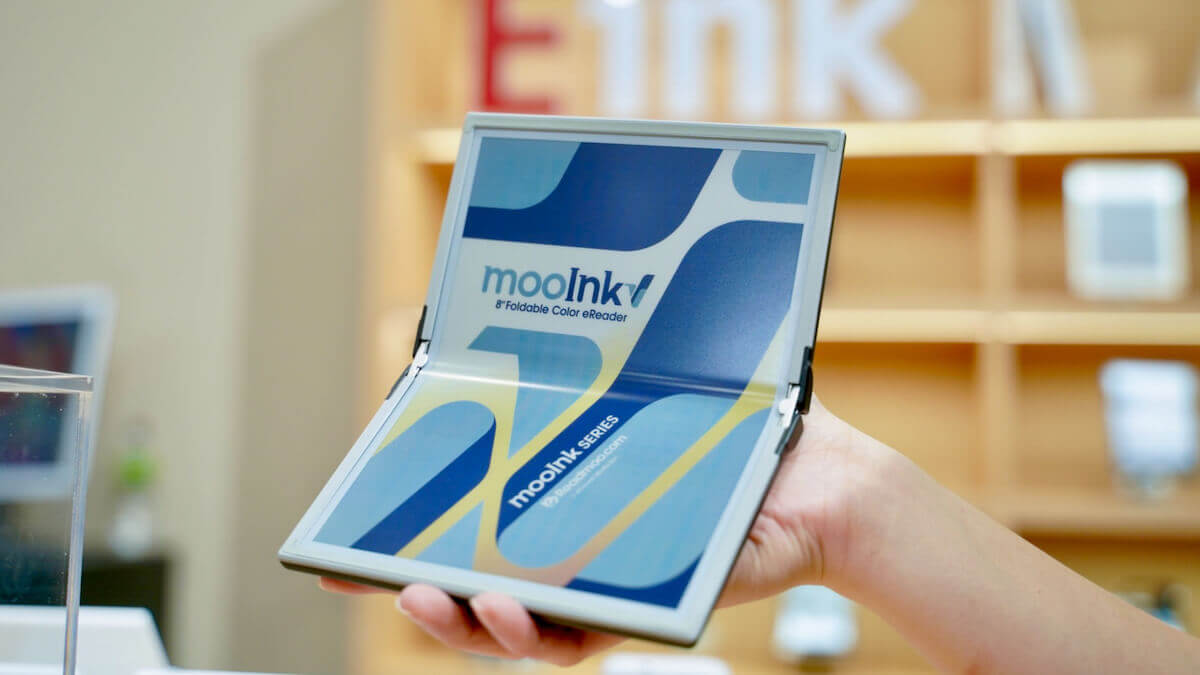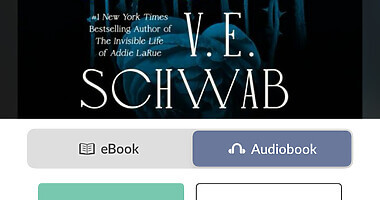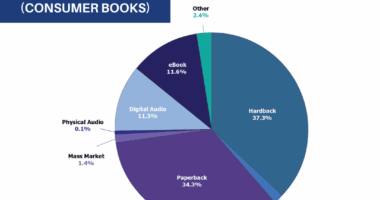
For twenty years, literature consumption practices have undergone a total conversion. Readers can now avoid carrying bulky hardcovers and postpone paperback wait times – e-books have established dominance over the publishing industry through screen-based systems that grant users unlimited digital literature access. This digital paradigm shift operates alongside another digital revolution: cryptocurrency.Why Everyone’s Switching to E-Books
More and more readers are choosing e-books these days, and it’s not hard to see why:
#1 Instant Access and Portability
The beauty of e-books? One tap downloads any book in seconds—no waiting, no heavy bags. Users can quickly download e-books into secure digital libraries and access the files through their devices, making all reading content instantly available at any moment throughout the day.
#2 Customizable Reading Experience
Modern e-readers like Kindle, Kobo and Nook allow customers to modify text styles and to choose dark or light themes alongside brightness control. The customization flexibility of e-books is perfect when regular books strain your eyes and aids accessibility too.
#3 Affordability and Free Resources
Users can find e-books, together with free classic titles, on BookFusion and Project Gutenberg at prices that are cheaper compared to traditional printed books. With Kindle Unlimited’s monthly subscription, readers everywhere get instant access to a massive library—like Netflix, but for books.
#4 Environmental Benefits
E-books skip the whole printing press and delivery truck routine, making them a much greener choice than paper books. People who prioritize environmental sustainability now have digital books as their eco-friendly alternative to mass-produced paper publications.
The Not-So-Perfect Side of E-Reading
E-books are great, but they’re not perfect:
- Digital fatigue: Having spent all day looking at screens, many avoid more screen time to unwind. It comes as no surprise that people prefer paper books for relaxation.
- DRM restrictions: DRM limits readers from distributing their books by allowing publishers to attach these restrictions to e-books.
- Fragmented market: Your e-book choices are limited by which ecosystem you’re locked into, whether it’s Amazon’s Kindle, Apple Books, Kobo, or Google Play. Each platform keeps its books separate, so what you can read depends entirely on which store you use.
How Crypto and Blockchain Could Change Reading Forever
Turns out the same tech that powers Bitcoin might just fix e-books’ biggest headaches. Here’s how:
#1 Decentralized Publishing
An author hits ‘publish’. A reader clicks ‘buy’. This way, the money appears in the author’s wallet immediately. That’s the magic of blockchain: making sure creators get paid fairly knowing that their work is sold. Authors can receive instant payment from each e-book sale via the payment system based on cryptocurrency, with no publishers or agents acting as middlemen.
#2 True Ownership with NFTs
Through NFT technology, people will have the opportunity to gain absolute control of their digital book possessions in the future. E-books backed by NFTs let readers both possess ownership of digital books and participate in the secondary market trade of their bought editions.
#3 Micropayments for Content
Now readers can drop a few bucks of crypto on just the next chapter—no need to commit to the whole book upfront. It’s like buying individual songs instead of the full album. The technological advancement promises substantial changes to serialized publications.
#4 Beating Piracy with Blockchain Transparency
Blockchain essentially eradicates e-book piracy. The blockchain ledger maintains e-book transaction recordkeeping without alteration, which prevents piracy of readers’ purchases as well as maintains author payment distribution systems.
Final Thoughts
E-books keep winning readers over because the tech keeps getting better and faster than we ever expected. Digital book distribution through blockchain technology will create progressive revolutionary methods as this technology develops further.
Imagine a future where:
- Bibliophiles get richer reading experiences.
- Tech lovers geek out over ownership of NFTs.
- Crypto adopters unlock tokenized perks.
So, the real question isn’t ‘print or digital?’ but ‘how soon will you embrace the next chapter?’
Markus lives in San Francisco, California and is the video game and audio expert on Good e-Reader! He has a huge interest in new e-readers and tablets, and gaming.




